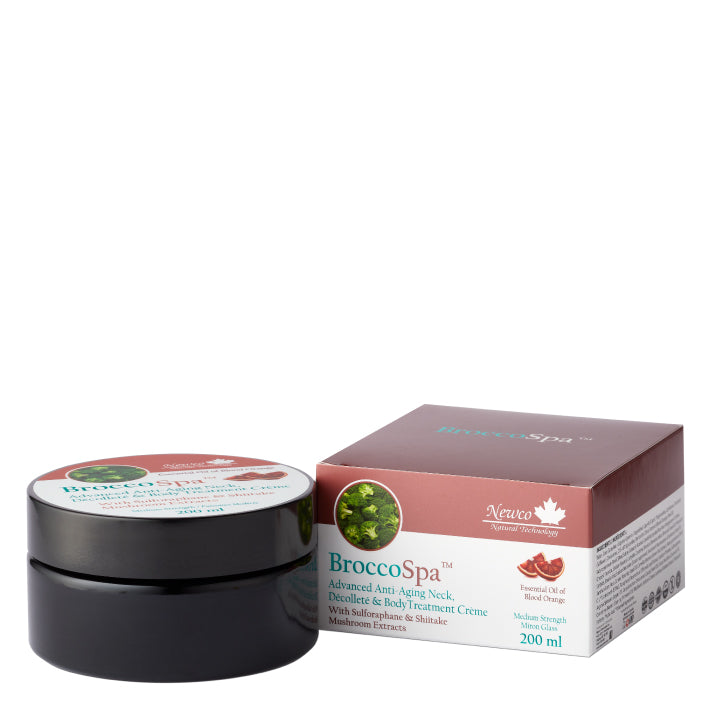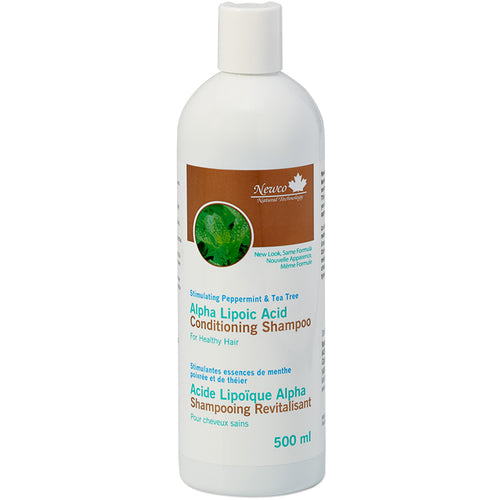It’s hard to be enthusiastic about spring when you suffer from the itchy eyes, sneezing, congestion, and runny nose associated with allergies, also known as hay fever or allergic rhinitis.
And the “cure”—over-the-counter antihistamines that leave you foggy and dried out—isn’t much better. But these potent immune-boosting foods can help.
1. Pineapple
Is the best source of bromelain, an enzyme that has anti-inflammatory effects and can reduce nasal swelling, making it easier to breathe. Studies also show that it inhibits the development of allergic airway diseases and asthma.
Try this: Grill thick slices of pineapple until lightly browned, and serve with coconut ice cream; combine chopped pineapple, diced red peppers, minced jalapeños, cilantro, and lime juice for a tropical salsa; toss pineapple cubes with shredded cabbage, chopped mint, sliced red onions, and a light mayo-based dressing for a fruity slaw.
2. Onions

Are rich in quercetin, a flavonoid with potent antioxidant activity that acts as a natural antihistamine. Quercetin works by blocking the production and release of histamines, compounds involved in the body’s allergic response, as well as inhibiting other allergic and inflammatory compounds. Other good sources of quercetin include apples (particularly the skin), red wine, capers, berries (particularly elderberry), dill, cilantro, black and green tea, citrus fruit, and banana peppers.
Try this: Halve yellow onions, toss with olive oil, roast until golden, and drizzle with balsamic vinegar; sauté onions in butter, add beef or vegetable broth, sherry, and thyme, cook until onions are soft, and top with cheese, if desired, for a rich onion soup.
3. Turmeric

Turmeric contains curcumin, an anti-inflammatory compound that inhibits the release of histamine, inhibits allergic response, and decreases oxidative stress. Curcumin has also been shown to increase nasal airflow and support immune response in people with allergies. Combining turmeric with fat and black pepper increases its absorption and availability.
Try this: Cook vegetables in coconut milk, turmeric root, curry paste, and black pepper until tender; stir turmeric, ground black pepper, coconut oil, and a pinch of saffron into cooked rice; add a generous amount of turmeric powder and black pepper to eggs scrambled with onions and smoked salmon.
Did You Know?
Curcumin has been shown to increase nasal airflow and support the immune response in people with allergies.
4. Kefir

Kefir, a fermented milk product, contains probiotics, which have been shown to treat seasonal allergies and enhance immune response. In one study, people who took probiotics had less congestion during allergy season, and showed reduced inflammation in the nasal passages. Other good sources of probiotics include yogurt, tempeh, natto, miso, dairy-free coconut kefir, and naturally processed sauerkraut.
Try this: Combine kefir, garlic, dill, chives, and a splash of vinegar for a healthy ranch dressing; purée cooked sweet potatoes and onions with curry paste and kefir for an easy soup; stir raspberry preserves into vanilla kefir and freeze for ice cream.
5. Tuna

Is rich in omega-3 fatty acids, which have anti-inflammatory actions and can block the production of chemicals that cause allergic reactions. In one study, people with higher levels of EPA, an omega-3 fat found in fish, had lower risk of allergies. Additionally, a higher intake of ALA, a type of omega-3 found in walnuts, flax, and chia, was associated with a decreased risk of allergic rhinitis.
Try this: Mix canned tuna, walnuts, olives, minced onions, and spinach with kefir ranch dressing (recipe above); toss pasta with tuna, garlic, arugula, and olive oil; top toast with avocado, onion, and thinly sliced seared tuna.
6. Oranges

Are rich in vitamin C, which works as a natural antihistamine. Studies show vitamin C depletion is associated with increased histamine levels, and that supplementing with vitamin C lowered histamine levels. Oranges are also rich in quercetin, and studies show that combining quercetin and vitamin C enhances availability and reduces inflammation. Other good sources of vitamin C include bell peppers, broccoli, strawberries, papaya, and mangos.
Try this: Chop seeded oranges and peels in a food processor, then simmer with agave or honey until thick for an easy marmalade; arrange orange halves in a baking dish, drizzle with honey and cinnamon, and bake until soft; juice oranges and kale for a power-packed breakfast drink.
7. Local honey

May reduce allergies if taken at the very start of the allergy season. The idea is that eating honey inoculates the body against local pollen that causes seasonal allergies. One study found that people with birch pollen allergies had 60 percent fewer symptoms and 70 percent fewer days with symptoms after eating honey with birch pollen. It may also be that honey soothes allergies via its anti-inflammatory effects. Use locally produced honey, ideally raw and unfiltered, for the best healing power.
Try this: Purée kefir, coconut oil, honey, and turmeric for a probiotic-enhanced golden milk; stir honey into creamy peanut butter, add oats, and form into balls for a simple snack; whisk honey, mustard, and olive oil together for a sweet-and-savory salad dressing.
Written by Lisa Turner for Better Nutrition and legally licensed through the Matcha publisher network. Please direct all licensing questions to legal@getmatcha.com.






